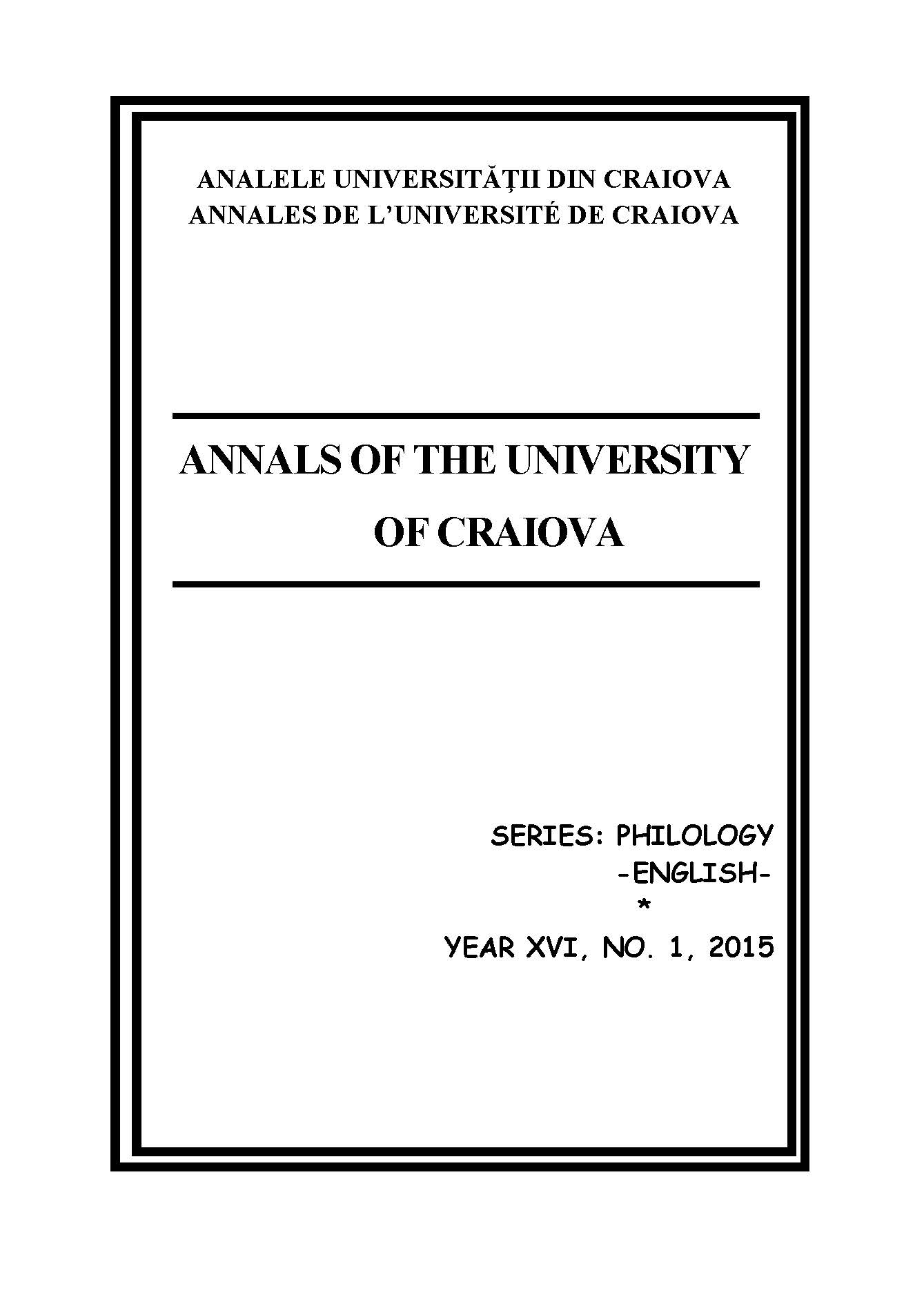Equivalence in Translation – Errors Occurring in Search of
the Right Equivalent
Equivalence in Translation – Errors Occurring in Search of
the Right Equivalent
Author(s): Simina BadeaSubject(s): Language and Literature Studies
Published by: Editura Universitaria Craiova
Keywords: equivalence; legal translation; legal culture; errors; law students.
Summary/Abstract: Equivalence in translation may refer to the transfer of a message from the source language to the target language or the decoding of the SL text, just to encode it again in the TL. Despite various theoretical approaches establishing several types of equivalence (grammatical, textual, functional, pragmatic, etc.) and proposing solutions for those in search of the right equivalent, practice remains the real and constant challenge. The challenge is even greater as far as legal translation is concerned, since it involves the transfer of a message not only from one language to another, but from one legal culture to another. Legal cultures have been shaped by an amalgam of factors depending on the historical evolution of each society, with its own law system. The contact of languages and cultures determines mutual influences and interactions and from this perspective, the translation process should be facilitated. Yet, legal notions and concepts have evolved in different directions from one society to another, therefore finding the right equivalent in legal translation is a difficult and creative task. In this framework, the paper also analyzes some errors that law students make while attempting to use translation as a tool meant to build a bridge between two legal cultures.
Journal: Annals of the University of Craiova, Series: Philology, English
- Issue Year: XVI/2015
- Issue No: 1
- Page Range: 7-15
- Page Count: 9
- Language: English

